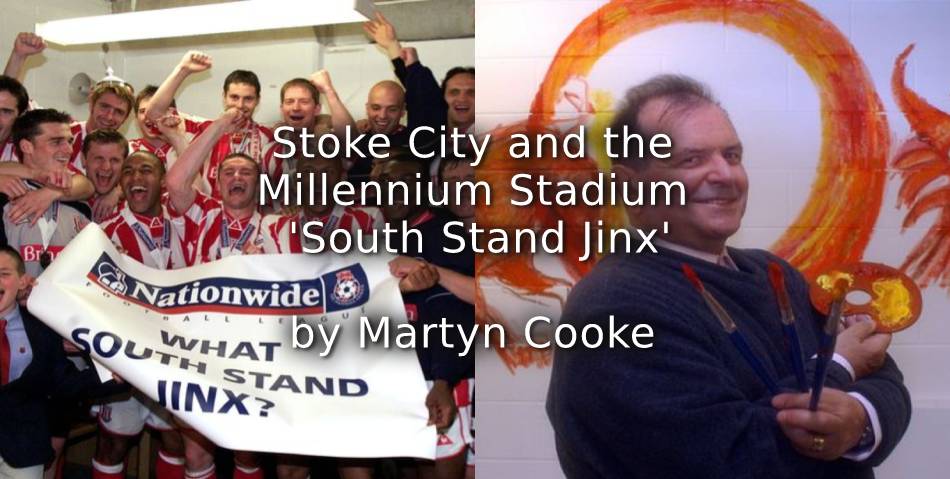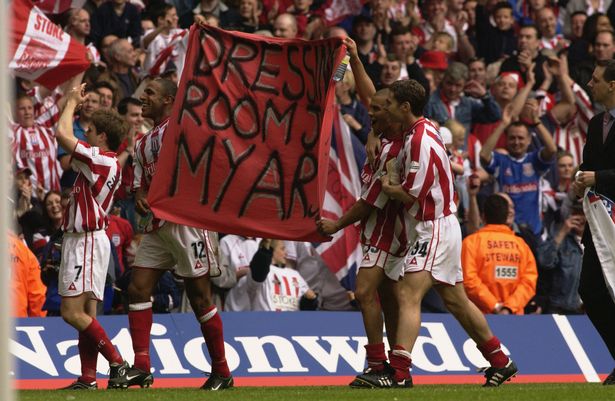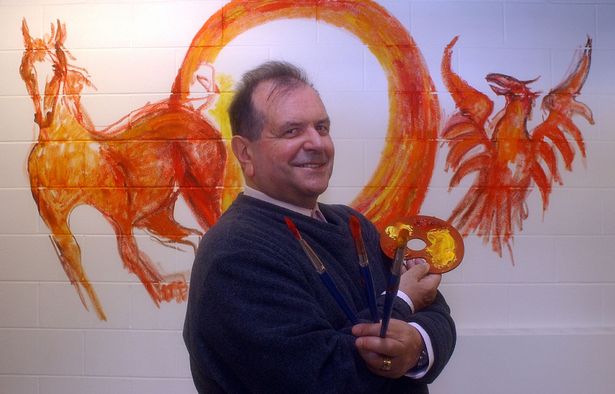Throughout contemporary society there are a wide variety of superstitions, routines and habits that we believe or place our faith in, even though we know that they are illogical and make little sense. From touching wood for good luck, to refusing to walk under ladders to prevent bad luck, to avoiding black cats because they are perceived as being unlucky omens – we all have a superstition or two that we indulge in.
It is little surprise that such beliefs have become a common feature of modern sport.
Serena Williams will bounce the ball five times before she serves. Johan Cruyff would slap his goalkeeper Gert Bals in the stomach and spit his chewing gum into the opposition’s half of the pitch before kick-off. Jack Nicklaus would not tee off unless he had exactly three coins in his pocket.
In an arena where good (or bad) fortune can be the difference between victory and defeat, it is understandable that athletes and coaches attempt to generate their own luck – if you believe in that sort of thing.
In 2002, Stoke City had reached the Second Division Play-Off Final and were one game away from returning to the second tier of English football. However, standing in their way on 11th May 2002 was not only their opponents, Brentford, but also one of the most peculiar superstitious hoodoos that had captured the imagination of football fans across England.
The ‘South Stand Jinx’
Cardiff’s Millennium Stadium (renamed the Principality Stadium in 2016) became the adopted home of English football in 2001 as work started on constructing the new Wembley Stadium. It was announced that the Welsh capital would host all major cup and play-off finals for the foreseeable future, which ultimately would extend across the subsequent six years.
Situated on the bank on the river Taff with a capacity of just under 75,000 and boasting an impressive modern design, the Millennium Stadium was undoubtedly a fitting temporary replacement to fill the void left as the iconic twin towers of the old Wembley Stadium were torn down in London.
However, the venue soon earned notoriety for what was described as a supposed ‘hoodoo’, ‘curse’ or ‘jinx’ that affected the team that were designated the changing facilities within the South Stand.
The design of the Millennium Stadium meant that the two changing rooms for contesting teams were located at opposite ends of the ground, one beneath the North Stand and the other beneath the South Stand. Prior to each fixture clubs were randomly assigned which facilities they would use on a match day. This decision was initially perceived as being an irrelevance, as there were no significant differences between changing areas and no practical or logistical advantage to be found.
Or was there?
Each of the first twelve English major cup and play-off finals that were hosted at the Millennium Stadium were won by the team that had been designated the use of the facilities in the North End of the ground.
It was initially passed off as being nothing more than a coincidence or a freak run of results, but as the number of matches continued to rise and sequence persisted those within the football fraternity began to speak about a South Stand ‘hoodoo’, ‘curse’ or ‘jinx’.
Coincidence? Luck? Fate? Ghosts? Bad Spirits? There were plenty of suggestions as to what was behind the so-called jinx – some more believable than others!
Whilst the topic became a source of intrigue and amusement within the football community (unless your team were designated the South Stand changing rooms of course) the run of results generated genuine concern among the Millennium Stadium’s organisers and participating clubs.
In a somewhat unconventional attempt to lift any supposed curse Feng Shui expert Paul Darby was hired to perform a ritualistic Chinese ceremony. Prior to Cambridge playing Blackpool in the Football League Trophy in March 2002 he led a horse around the pitch, rang a Tibetan bell and sprinkled incest. It did not help – Cambridge, assigned the South Stand changing rooms, lost 4-1!
The following month Chelsea were designated the South Stand facilities in the FA Cup Final and attempted to overcome the jinx by opting to wear their white ‘lucky socks’. They were comfortably beaten 2-0 by Arsenal.
Jinx? What Jinx?
In May 2002, Stoke City were given the dreaded news that the team would be using the South Stand changing room for their Second Division play-off final against Brentford.
The Potters had already experienced their fair share of misfortune having failed to achieve promotion despite having qualified for the play-offs in the previous two seasons. Ironically, they were looking to make it ‘third time lucky’!
Any superstitious observers were quick to claim that Stoke City would have little chance of winning the contest considering the ever-growing list of victims that had succumbed to the South Stand hoodoo. However, manager Gudjon Thordarson publicly dismissed it as being little more than a freak statistical anomaly, although he quietly did arrange for his players to stay overnight in a Cardiff hotel that had only been used by winning teams.
In the week preceding the game Andrew Vicari, who had been named European artist of the year in 1995, was hired by Millennium Stadium organisers in a final attempt to life any jinx. The artist painted a seven foot ‘Firewall’ mural in the South Stand changing room, which was intentionally bold, used bright colours and featured a rising sun, a galloping horse and a phoenix.
Ultimately, the combination of Welsh art and an efficient Stoke City performance broke the so-called South Stand jinx. The Potters secured a comfortable victory against Brentford thanks to an early opening strike by Deon Burton and a Ben Burgess own goal.
During the post-match celebrations on the pitch, the Stoke City players paraded in front of the media and their own jubilant supporters with banners ridiculing any notion of a curse, including a now infamous homemade flag acquired from the crowd. Promotion instigated two decades of gradual progress for the club that eventually culminated in The Potters becoming established in the top-flight of English football.
However, the South Stand jinx did come back to haunt Gudjon Thordarson, although rather belatedly. The Icelandic coach was released by Stoke City just weeks after securing promotion when the club hierarchy chose not to offer him a new deal when his contract expired two months after the play-off final triumph!
Article © Martyn Cooke








